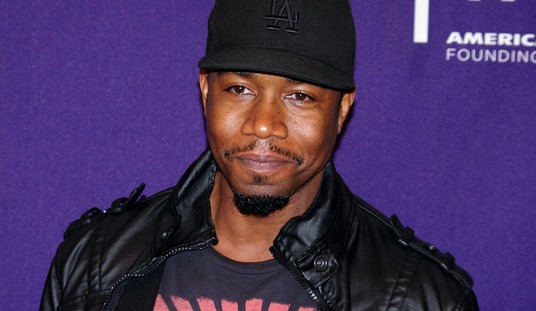Comparatively few of us knew Andrew Breitbart. Not many knew Davy Jones either, of whom it may be said sang tunes “that were a hit before your mother was born.” But as Shakespeare noted, the death of princes stirs the world because it displaces some collective memory in millions. There is a disturbance in the force, to mix metaphors. That may sound trite, but it’s true.
The notice taken of the recently dead is really about the living reflecting on how it changes things for themselves. Among Breitbart’s enemies, there will be relief; among his allies, dismay; amid the rest who simply knew him as a public figure, a little more awareness of fragility of life. But the dead are beyond our cares. They have done their bit. The Big Government website quotes Breitbart on the the joy he felt at bearding lions:
I love my job. I love fighting for what I believe in. I love having fun while doing it. I love reporting stories that the Complex refuses to report. I love fighting back, I love finding allies, and—famously—I enjoy making enemies.
Three years ago, I was mostly a behind-the-scenes guy who linked to stuff on a very popular website. I always wondered what it would be like to enter the public realm to fight for what I believe in. I’ve lost friends, perhaps dozens. But I’ve gained hundreds, thousands—who knows?—of allies. At the end of the day, I can look at myself in the mirror, and I sleep very well at night.
He found he had a talent. The sheer aggressiveness of Breitbart’s onset often unmanned his critics, who were accustomed to deference and hesitance from conservatives. Instead he paid them back in their own coin and turned the old paradigm of conservative and leftist debate from asymmetrical to a symmetric media warfare. They hated him for fighting just like them.
And he knew it. Part of his act was being the doppelganger, in providing a reflection of the Leftist berserker with something missing or perhaps something added. A twisted or straightened version of themselves. Here, for example, is an account of Andrew Breitbart’s Superbowl Dinner with Bill Ayers and Bernardine Dohrn.
It felt as if he might say at any moment to his interlocutors: “the reason you dislike me is that you don’t want to belong to a club that would accept you as a member.” I think his self-awareness at the jest saved him from being what he parodied: the True Believer.
The True Believer’s certitudes are really a mask worn to conceal an absolute lack of faith; their dogma a brittle facade to keep the vacuum from sucking in all that is barely held at arm’s length. By contrast, real faith requires doubt; a doubt which makes it impossible to assign ourselves the power to arrange other people’s lives. Above all the Daydream Believer has to leave something to both chance and other people’s freedom; something to the improvisation that comes after death takes each of us in mid-sentence.
At Leftist eulogies it is customary to describe a person’s passing in terms of how the deceased contributed to a Better World. But I think Andrew’s own words suggest he would be happier if we simply remembered that he lived his life according to his lights and above all, had fun. That was his brick. Those that follow must be our own.
How to Publish on Amazon’s Kindle for $2.99
The Three Conjectures at Amazon Kindle for $1.99
Storming the Castle at Amazon Kindle for $3.99
No Way In at Amazon Kindle $3.99, print $9.99










Join the conversation as a VIP Member